Ambassador Spotlight: Dan Boozan
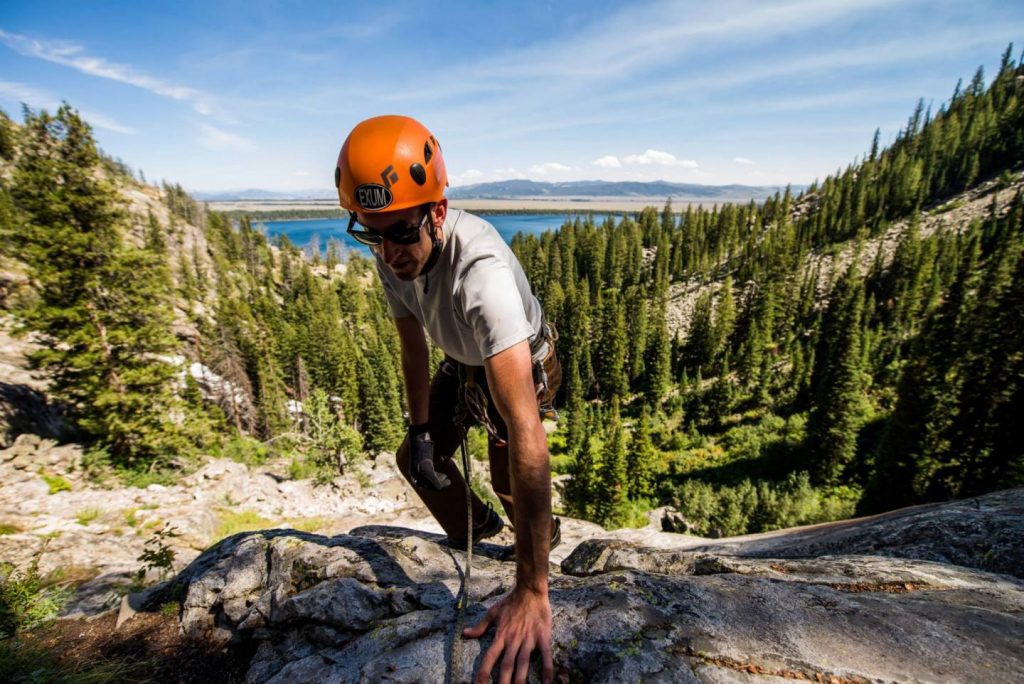
Dan training for the Grand Teton, 2014
By Henry White
Dan Boozan simply loves the mountains and the culture that comes with them. From studying engineering and business administration to summiting the Grand Teton, Dan appreciates personal challenge and problem solving. After his biking injury in 2013, Dan moved to Colorado and soon connected with Paradox Sports. Finding a new passion in climbing, Dan has continued to push his limits and travel the country in pursuit of adventure. A thoughtful friend, passionate adventurer, and eager businessman, Dan applies those same analytics and patience to his climbing.
Henry White (Paradox Sports): So what originally brought you out to Boulder, Colorado?
Dan Boozan: I have been coming out here for around 20 years off and on to visit the family and friends I have out here. I also checked out a lot of schools and colleges. My sister did her undergrad at CU Boulder- so I would come crash on her couch quite often. I always wanted to move here at some point but didn’t know when. This place is kind of a mecca and the weather is always so good. I wanted to get out of Vermont and finally make the move. When I got hurt, I was at Craig Hospital in Denver for few months and then eventually moved in with my sister. I spent the next year living and rehabbing here from one surgery to another. After that I moved back to Arizona and ended up hating the routine I had down there. A couple months after moving back to Arizona I knew right away I wanted to be in Colorado. I was fun-employed for a while and then made Boulder home as I was making more and more connections.
PS: What was your transition like from working in Arizona to going back to school for your Masters in Business Administration?
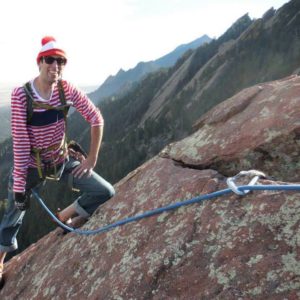
Dan dressed as Waldo on top of the 3rd Flatiron
PS: With a B.A. in Mechanical Engineering and a Minor in bike and ski racing from the University of Vermont, what led you down the business track?DB: When I applied to Graduate School was when I started to climb more. The community here really steered my decision to stay in Colorado versus moving to a city like Boston or NYC. I felt this is where I have made most of my post-injury friends. I only applied to CU Boulder and wanted to set my roots here. I did a bunch of last minute studying for the GMAT and began rapidly completing my application.
DB: I had some old bosses that planted the idea in my head. For a long time I couldn’t decide if I wanted a Masters in Engineering or not. During my recovery I spent most of my days hanging at my friends bike shop in Boulder. Through hanging out there, I met a lot of Boulder business people. And my friend taught me a lot about marketing and what it takes to own a local business. During that time I also read a lot of articles about the recession. I wanted to learn how to manage the recession and learn more about economics. I started realizing there are a lot of problems out there that still need to be solved. The technical setting has less room for growth. Business always brings new things and so much of it is collaboration. I got to learn a lot of new information as well as be exposed to great innovation. I also got to know and work with so many interesting people. I wanted to figure out how to stay in Colorado long term. It’s a boom economy. It’s a place with mountains. In my mind, mountains equal good people. Boulder seems like a mountain town at heart with great outdoor access but is also equipped with this incredible small business startup environment.
PS: Boulder is a big cycling town. After hanging at your friend’s shop, are you still involved in the scene?
DB: My accident left me with some nerve damage to the right side of my diaphragm. My right lung doesn’t inflate in a functional capacity. I only have one functioning lung. For me, bike racing was such a large part of my identity for such a long time. I stopped riding because I couldn’t maintain those high levels I chased for so long. It’s difficult for me mentally. It’s also hard to see other people riding. My choice was to kind of put that part of my life in my past and move on to new exciting things despite missing it so much. In Arizona, my racing friends were centered on bike culture and that’s it. They kind of disappeared after my injury. Paradox definitely supplemented those roles that became empty. And other relationships were strengthened.
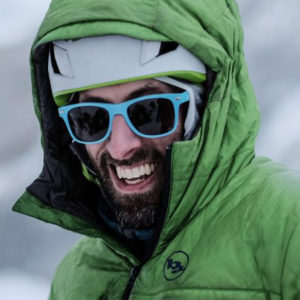
Dan at our Paradox Ouray 2017 trip | Photo by Malcolm Daly


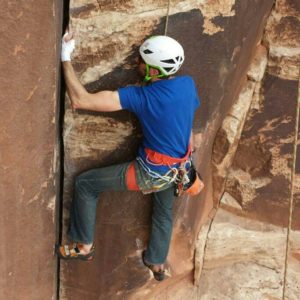
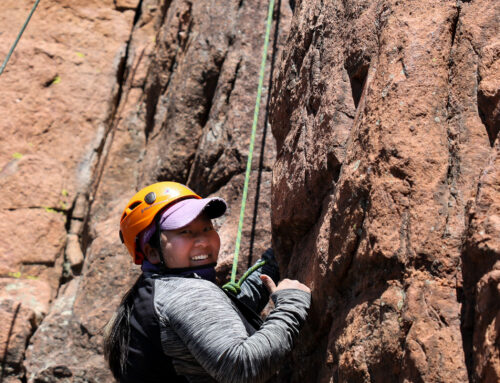
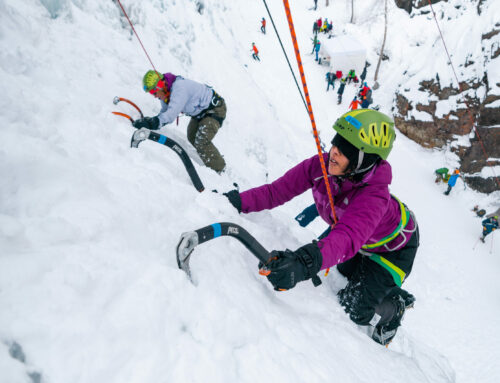
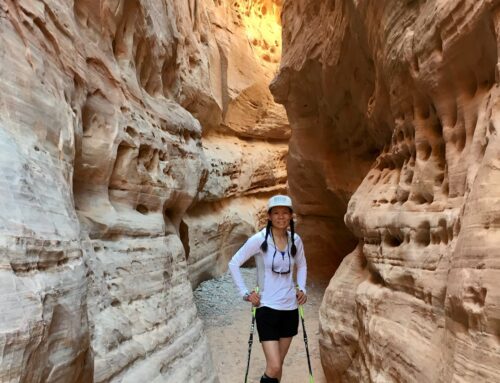
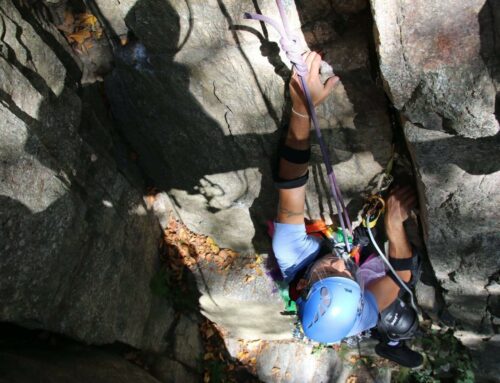
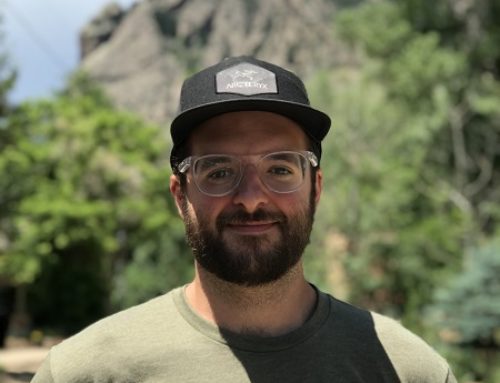
Leave A Comment
You must be logged in to post a comment.